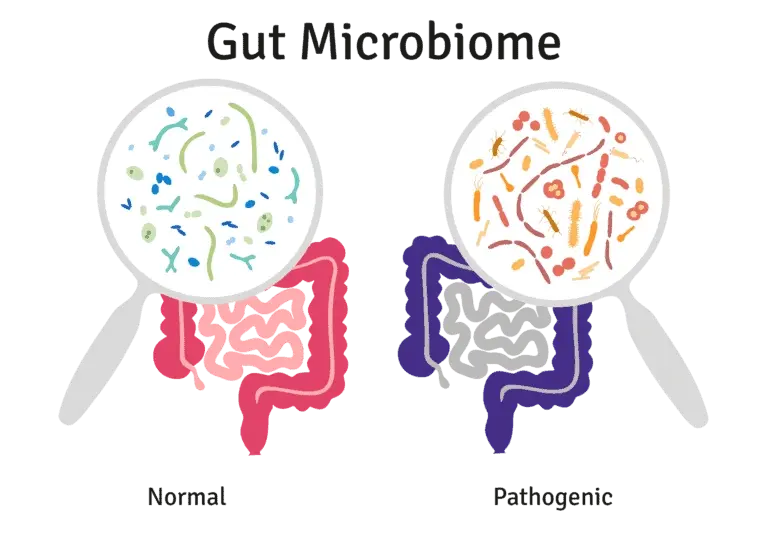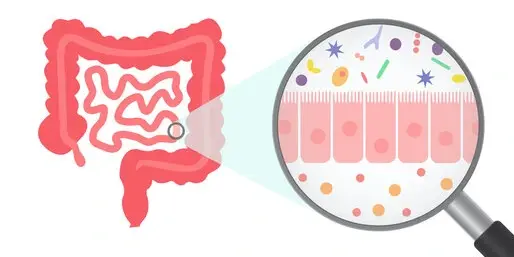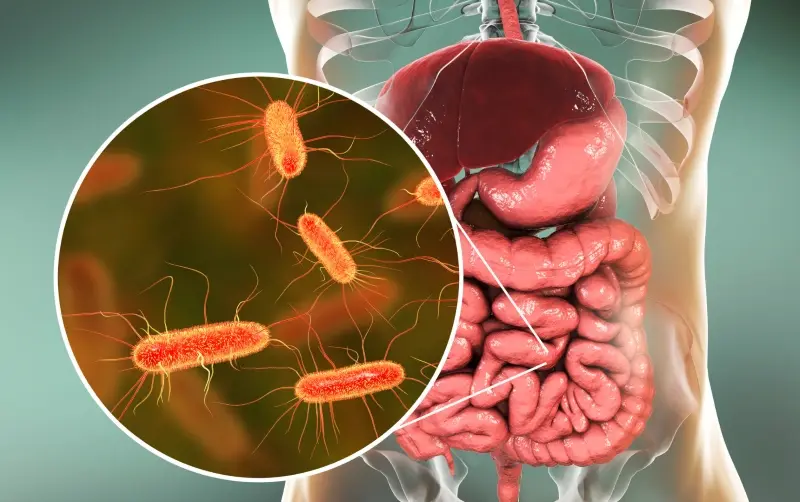Gut Microbiome at DRHC Dubai
The gut microbiome is a complex community of microorganisms, including bacteria, viruses, fungi, and other microbes, that reside in the digestive tracts of humans and animals. These microorganisms play a critical role in maintaining various bodily functions and overall health.
What is the Gut Microbiome?
Your gut is your gastrointestinal (GI) system or digestive system and includes your stomach, small intestine, and large intestine (colon). It digests and absorbs nutrients from food and utilizes those nutrients to fuel and maintain your body.
Certain types of microorganisms in your gut may be harmful to your health, but many are beneficial and necessary for a healthy body. In the gut microbiome, the "good" bacteria do more than just help with digestion. They help keep your "bad" bacteria under control. They multiply from time to time to devoid the unhealthy bacteria of space from growing.
Importance of the Gut Microbiome
- Digestion and Metabolism: The gut microbiome aids in the digestion of complex carbohydrates, proteins, and fats, enabling the production of essential nutrients such as vitamins B and K.
- Immune System Regulation: A well-balanced gut microbiome is vital for the proper functioning of the immune system, offering protection against pathogens and maintaining immune homeostasis.
- Gut-Brain Axis: The gut and brain communicate through the gut-brain axis, where the gut microbiome influences brain function, mood, anxiety, and cognitive abilities.
- Protection Against Infections: The microbiome acts as a defense mechanism, competing with pathogenic bacteria for nutrients and attachment sites while producing antimicrobial substances.
Factors Influencing the Gut Microbiome
- Diet: Diet significantly impacts the composition and diversity of the gut microbiome. A high-fiber diet rich in fruits, vegetables, and whole grains promotes a healthy microbiome.
- Antibiotics: Antibiotics can disrupt the balance of the gut microbiome, leading to decreased microbial diversity and the overgrowth of harmful bacteria.
- Age: The gut microbiome evolves throughout life, influenced by diet, environment, and health status from infancy to old age.
- Genetics: Host genetics also shapes the gut microbiome, influencing its composition and functionality.
Health Implications
Maintaining a Healthy Gut Microbiome
- Dietary Interventions: Consuming a balanced diet rich in fiber, fermented foods, and probiotics can support a healthy gut microbiome.
- Avoiding Overuse of Antibiotics: Limiting antibiotic use to necessary situations helps preserve the natural balance of the gut microbiome.
- Regular Exercise: Physical activity positively influences the diversity and composition of the gut microbiome.
- Stress Management: Reducing stress through mindfulness, meditation, and other techniques supports gut health.







.png?width=281&height=59&name=bookanappointment%20(1).png)





